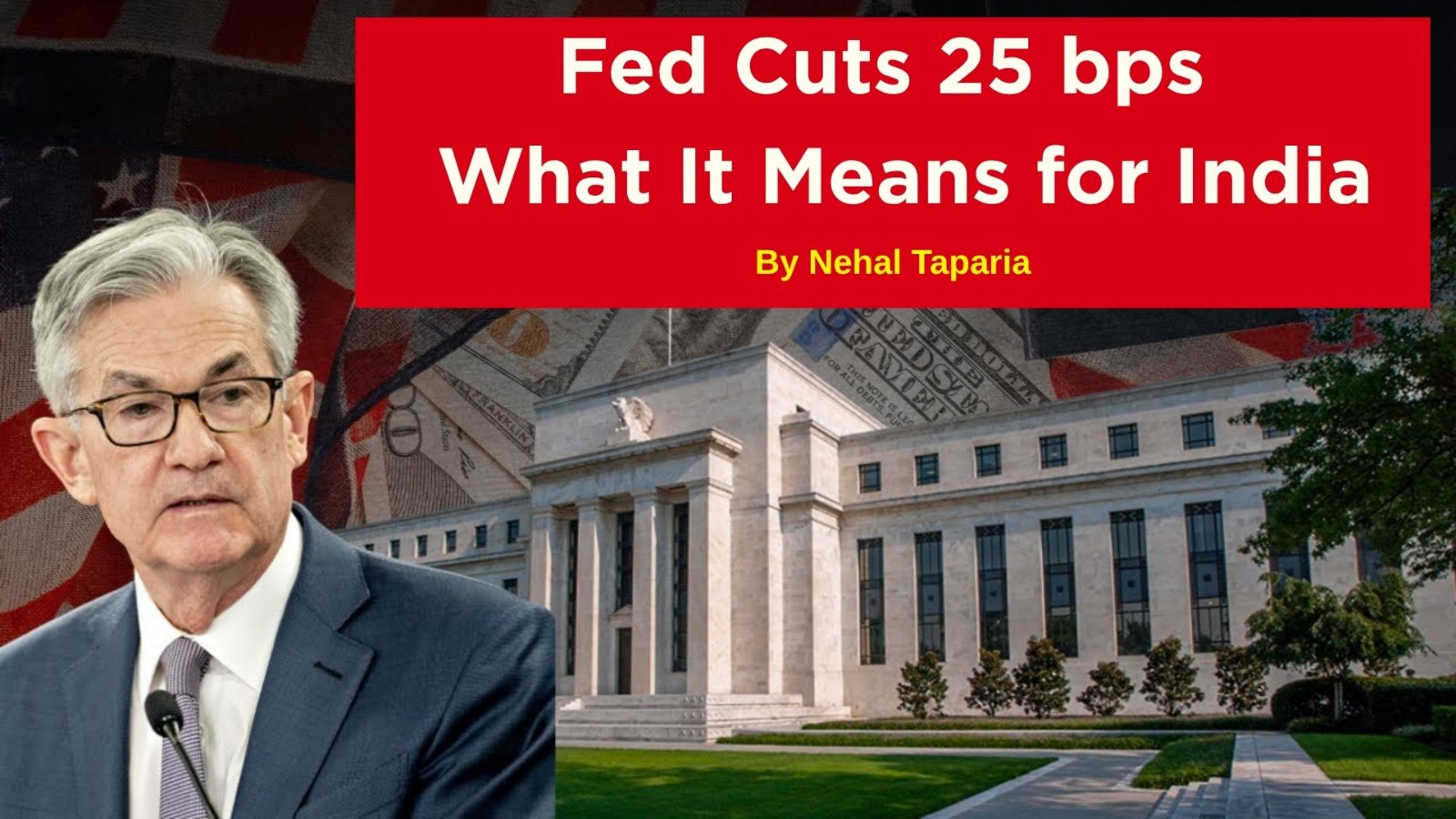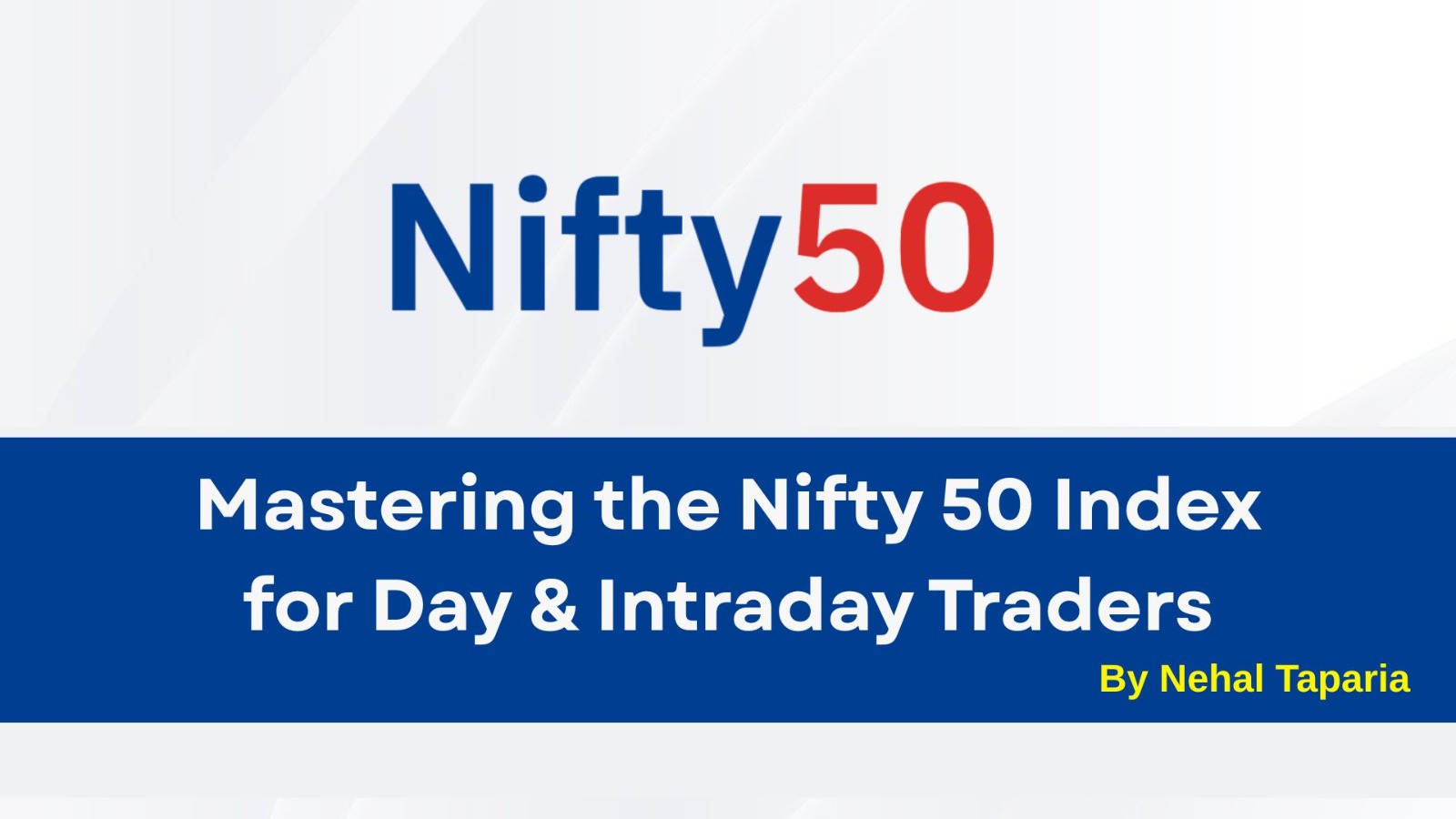Jane Street vs. SEBI: A High-Stakes Legal Battle and Its Market Implications

Jane Street vs. SEBI: A High-Stakes Legal Battle and Its Market Implications
1. Background: What Sparked the Clash
On September 3, 2025, U.S.-based high-frequency trading firm Jane Street filed a legal case with India’s Securities Appellate Tribunal (SAT), challenging an interim order issued by India's market watchdog, SEBI. The tribunal adjudicates appeals against SEBI's regulatory decisions.
2. What Did SEBI Accuse Jane Street Of?
On July 4, 2025, SEBI temporarily barred Jane Street from Indian markets, alleging manipulative trading of key indices, especially the Bank Nifty.
SEBI accuses Jane Street of executing a pattern: purchasing large volumes of cash and futures in index components early in the trading day to lift the index, then offloading them later—profiting from offsetting options positions.
SEBI also froze approximately ₹4,843 crore (~US$567 million) in alleged unlawful gains, which Jane Street deposited in escrow.
The investigation spans trades between January 2023 to May 2025 and includes multiple Jane Street-linked entities.
In addition, India’s Income Tax Department is probing Jane Street and its Indian partner Nuvama Wealth, citing non-cooperation and offshoring of records.
3. Jane Street’s Move: Taking It to the Tribunal
Jane Street is demanding that SEBI disclose key documents and data that it claims are critical to mounting its defense. Without these details, Jane Street argues, it cannot respond properly.
This marks the start of what’s expected to be a protracted legal battle, with implications beyond the firm or this case.
4. What’s at Stake for the Indian Market?
Regulatory Transparency & Fair Play
If SEBI is compelled to release documents, this may set a precedent for future transparency in regulatory processes.
Market participants will closely watch how SEBI justifies the line between aggressive strategies and manipulation.
Policy and Enforcement Enhancement
In response to the alleged abuse, SEBI has already introduced stronger intraday derivative position caps: net positions in index options are now capped at ₹50 billion (~US$571 million), and gross exposures at ₹100 billion (~US$1.14 billion).
Compliance will be closely monitored via at least four random snapshots per trading day, including during peak hours.
Impact on Liquidity & Foreign Participation
Jane Street’s absence has already reduced liquidity in some segments of the options market.
A prolonged legal standoff may deter other HFT firms or complex strategy players from participating in India’s markets.
Retail Investor Protection
Indian retail investors have incurred significant losses in derivatives; SEBI’s action may signal stronger future safeguards.
Systemic Reforms
This case has sparked discussions on structural reforms—including surveillance, co-location, and regulatory coordination—to better handle modern algorithm-driven trading.
Final Thoughts
This showdown is more than a legal tangle—it’s a defining moment in India’s maturing derivatives market. As SEBI reinforces surveillance and trading limits, and Jane Street fights to protect its strategy and reputation, all eyes are on how India balances innovation with integrity. Let me know if you'd like a deep dive on any specific aspect—regulatory impact, sectoral effects, or global trading responses.
By Nehal Taparia
This content is for educational and knowledge purposes only and should not be considered as investment or Trading advice. Please consult a certified financial advisor before making any investment or Trading decisions.
Our Recent FAQS
Frequently Asked Question &
Answers Here
Why did SEBI ban Jane Street?
SEBI accused Jane Street of manipulating the Bank Nifty index by inflating prices with large cash/futures buys early in the day and then profiting from corresponding options positions.
How much money is involved?
What timeframe is SEBI investigating?
What are the new SEBI rules?
What’s Jane Street’s defense?
What are the broader implications?
Copyright © By Empirical F&M Academy. Design & Developed by Techno Duniya


.jpg)


.jpeg)




